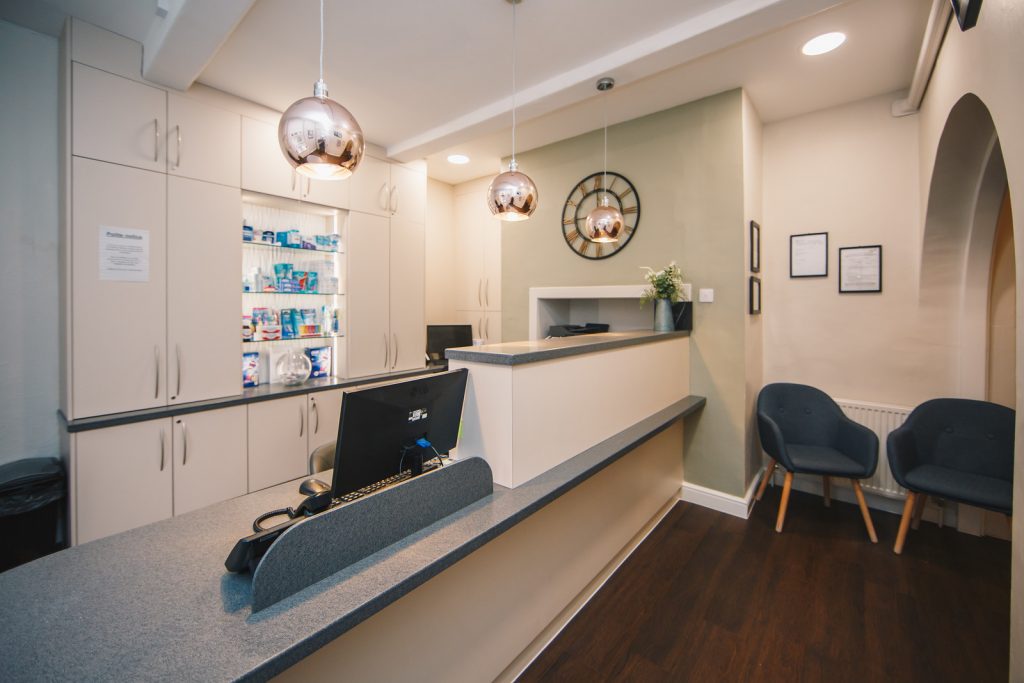
Snoring is not just antisocial and the source of much marital disharmony – it can actually be detrimental to your health!
With approximately 20% of the adult population, and 60% of men over the age of 40 snoring regularly, it’s easy to believe that snoring is relatively harmless. So let’s look at the reasons you snore and the effects on your general health
- Age and weight play a large part in whether you snore or not. As your body ages, you naturally lose some muscle tone and this can cause the throat muscles to relax and cause obstruction to the airway. Excess weight can also lead to a build up of fatty tissue in the throat which also contributes to snoring
- Alcohol consumption, smoking, and some medications cause muscle relaxation giving the same effect. Smoking also irritates the nasal passages causing inflammation and restriction of airflow. Nasal, sinus problems and hay fever can have a similar effect
- Sleep posture – Changing your posture can have an effect on your snoring with sleeping on your back making it more likely you will snore
So apart from being at risk of a sharp elbow in the ribs from your partner, is snoring actually harmful?
- Sleep Apnoea – Pauses in breathing or episodes of shallow breathing. This can result in a lack of oxygen to your vital organs.
- Strain on Heart – Untreated Sleep Apnoea can result in high blood pressure and an increase in heart size leaving you at a risk of stroke, heart attack or heart arrhythmia (irregular heart beat)
- Frequent waking – If you suffer obstructive sleep apnoea, you may not realise that you are having constant interruption to your sleep pattern, resulting in not getting a restful night. Some people may develop a pattern of sleeping lightly in an attempt to keep their throat muscles tight to maintain airflow. Lack of sleep leads to excessive daytime sleepiness with obvious consequences if driving or operating machinery.
- Chronic headaches due to the changes in levels of oxygen and carbon dioxide in the bloodstream. Morning headaches are a frequent side effect of snoring or sleep apnoea
So why would I ask the Dentist about my snoring?
Snoring and sleep apnoea can sometimes be linked to tooth & jaw clenching and grinding, so your dentist may be the first port of call for the detection of sleep apnoea.
The treatment consists of firstly a correct diagnosis of sleep apnoea by use of an electronic device (BTI Biotechnologies APNiA®) which measures your respiratory flow, the oxygen levels in your blood, your heart rate, body position and snoring.
The device is comfortable and easy for you to use at home to wear overnight. You then return the device from which we make a diagnosis using specialist software and, if appropriate, an intra oral night-time splint can then be offered and custom made to help reduce snoring and further risks of sleep apnoea.
So what do I do now?
You don’t have to be a registered patient of the practice to benefit from this treatment. So just give us a call. You will need a consultation in the first instance and we can go from there. The consultation is £40 and treatment costs are from £750
http://bti-biotechnologyinstitute.com/gb/dental/sleep-apnoea/


